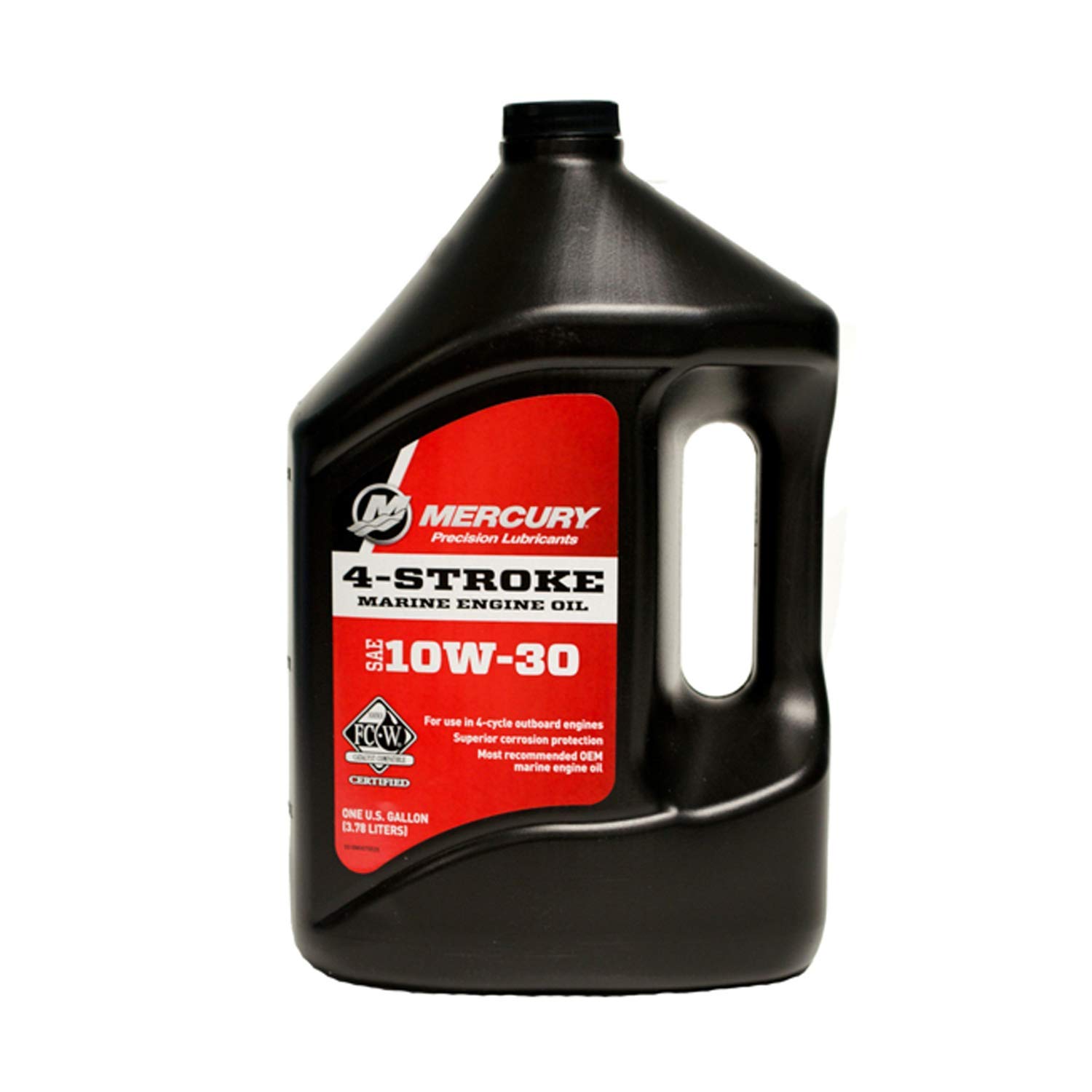The Heartbeat of Engines: Unraveling the Secrets of Four-Stroke Engine Oil
Four-stroke engine oil is a specialized lubricating fluid designed to ensure the optimal performance and longevity of four-stroke internal combustion engines. This vital automotive fluid serves as a protective barrier between moving engine components, reducing friction, dissipating heat, and preventing wear and tear. It also plays a crucial role in engine cleanliness by cleaning and suspending contaminants and deposits. Choosing the right four-stroke engine oil is essential for maintaining the health of your engine and ensuring it operates at peak efficiency.
The Role of Four-Stroke Engine Oil.

Engines power our modern world, propelling vehicles, machinery, and generators. At the core of these mechanical marvels lies an intricate system with one essential element - engine oil. In the realm of engines, the four-stroke engine reigns supreme, and the oil it relies on is no less than its lifeblood. This article delves into the fascinating world of four-stroke engine oil, exploring its role, composition, importance, and the factors to consider when choosing the right oil for your engine.
The Four-Stroke Engine: A Brief Overview
Before we dive into the intricacies of engine oil, let's understand the four-stroke engine, which is the most common type of internal combustion engine found in vehicles, motorcycles, and various other applications.
A four-stroke engine operates on a four-step combustion cycle: intake, compression, power, and exhaust. These four strokes are responsible for generating power and driving the engine. To function efficiently, a four-stroke engine requires proper lubrication to reduce friction and heat buildup, ensuring the engine components work together harmoniously.
The Role of Four-Stroke Engine Oil
Engine oil plays a pivotal role in maintaining the health and performance of a four-stroke engine. Its functions can be summarized as follows:
a. Lubrication: One of the primary functions of engine oil is to lubricate moving parts within the engine. It forms a protective film between components like pistons, crankshafts, and camshafts, reducing friction and preventing wear and tear.
b. Cooling: Engine oil also serves as a coolant by absorbing and dissipating heat generated during the combustion process. This prevents the engine from overheating, ensuring it operates within a safe temperature range.
c. Cleaning: Engine oil contains detergents and dispersants that help remove and suspend contaminants and deposits, such as dirt, sludge, and combustion by-products. This prevents the accumulation of harmful substances and keeps the engine clean.
d. Sealing: Engine oil helps maintain proper sealing between the piston rings and cylinder walls, preventing gas leakage and maintaining compression efficiency.
e. Corrosion Protection: It provides a protective layer on metal surfaces, safeguarding them from rust and corrosion.

Composition of Four-Stroke Engine Oil
Engine oil is not a single, uniform substance; it is a complex blend of various components carefully engineered to meet the demands of modern engines. The key components of engine oil include:
a. Base Oil: The base oil forms the majority of engine oil and can be mineral-based, synthetic, or a blend of both. Synthetic oils offer better performance and stability at extreme temperatures but are often more expensive than mineral oils.
b. Additives: Additives are mixed with the base oil to enhance the oil's performance. Common additives include anti-wear agents, detergents, dispersants, antioxidants, and viscosity modifiers. These additives improve the oil's ability to protect the engine and maintain its properties over time.
c. Viscosity: Viscosity is a critical property of engine oil, referring to its resistance to flow at different temperatures. It is denoted by two numbers, such as 5W-30. The first number (e.g. 5W) represents the oil's viscosity in cold temperatures, while the second number (e.g. 30) indicates its viscosity at operating temperatures. Choosing the right viscosity grade is crucial for proper engine lubrication, especially in extreme weather conditions.
The Importance of Choosing the Right Four-Stroke Engine Oil
Selecting the appropriate engine oil is crucial for maintaining the longevity and performance of your four-stroke engine. Here are some key considerations when choosing engine oil:
a. Viscosity Grade: As mentioned earlier, matching the oil's viscosity grade to your engine's requirements is vital. Consult your vehicle's owner's manual or the oil manufacturer's recommendations to ensure you use the right grade.
b. Oil Quality: Quality matters. Opt for reputable brands and oils that meet industry standards, such as the American Petroleum Institute (API) certification or the International Lubricant Standardization and Approval Committee (ILSAC) standards.
c. Synthetic vs. Conventional: Consider the type of base oil that suits your engine. Synthetic oils offer superior performance, especially in extreme conditions, but may be costlier. Conventional oils can be a more economical choice for regular driving.
d. Maintenance Schedule: Adhere to the recommended oil change intervals provided in your vehicle's owner's manual. Regular oil changes are essential to keep your engine operating smoothly.
e. Driving Conditions: Adjust your choice of oil to your driving conditions. If you frequently drive in severe conditions, such as extreme temperatures or heavy loads, choose an oil designed for those conditions.
Synthetic vs. Conventional Four-Stroke Engine Oil
One of the significant debates in the world of engine oil revolves around the choice between synthetic and conventional oils. Here's a closer look at both options:
a. Synthetic Oil: Synthetic oils are engineered with advanced additives and a base oil that undergoes a rigorous refining process. They offer several advantages, including:
- Better performance in extreme temperatures.
- Improved lubrication at startup, reducing engine wear.
- Enhanced resistance to oxidation and degradation, leading to longer oil change intervals.
- Reduced sludge and deposit formation.
b. Conventional Oil: Conventional oils are derived from crude oil and undergo less refining than synthetic oils. They are suitable for many engines and provide adequate protection under normal driving conditions. However, they may require more frequent oil changes.
The choice between synthetic and conventional oil depends on your vehicle, driving habits, and budget. Consult your owner's manual and consider your specific needs when making this decision.
Environmental Considerations
In recent years, environmental concerns have led to the development of more environmentally-friendly engine oils. These oils are formulated to reduce emissions, improve fuel efficiency, and extend the life of exhaust after-treatment systems. Choosing such oils not only benefits the environment but also your vehicle's overall performance.
Four-stroke engine oil is the unsung hero of the automotive world, ensuring the smooth operation, longevity, and performance of our vehicles. It plays a multifaceted role, from lubricating moving parts to cooling the engine and maintaining cleanliness. Choosing the right engine oil is a critical aspect of engine maintenance, as it directly impacts your engine's health and efficiency.
Remember to consult your vehicle's owner's manual and consider factors like viscosity grade, oil quality, and driving conditions when selecting the appropriate engine oil. Whether you opt for synthetic or conventional oil, prioritize regular maintenance and oil changes to keep your engine running smoothly.
As technology advances and environmental awareness grows, the development of innovative engine oils continues. Embrace these changes to not only benefit your engine but also contribute to a cleaner and more efficient future. Ultimately, four-stroke engine oil is not just a liquid in your engine; it's the lifeline that keeps the heart of your machine beating strong.



